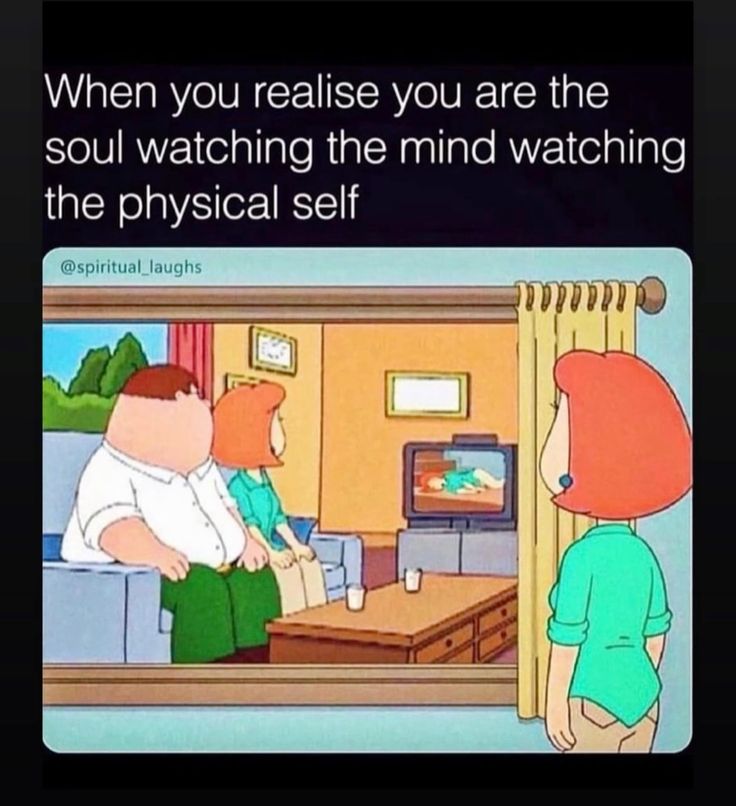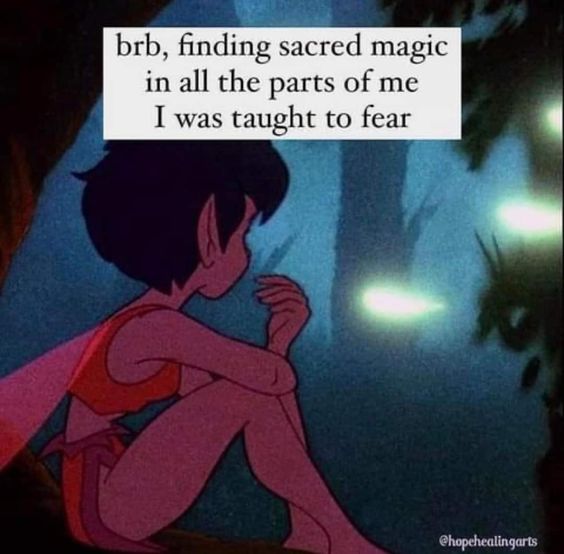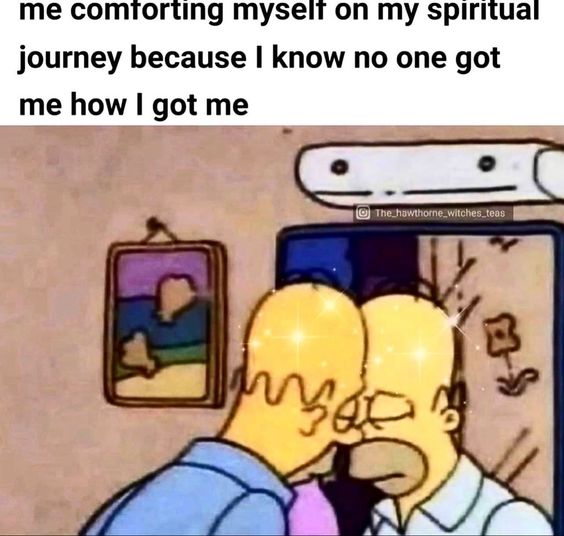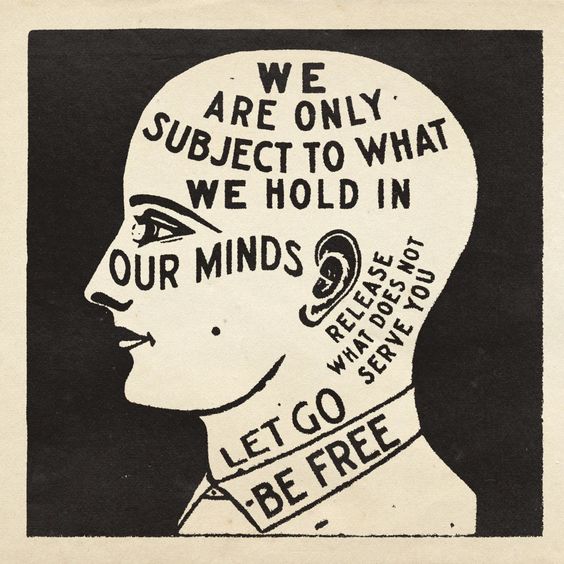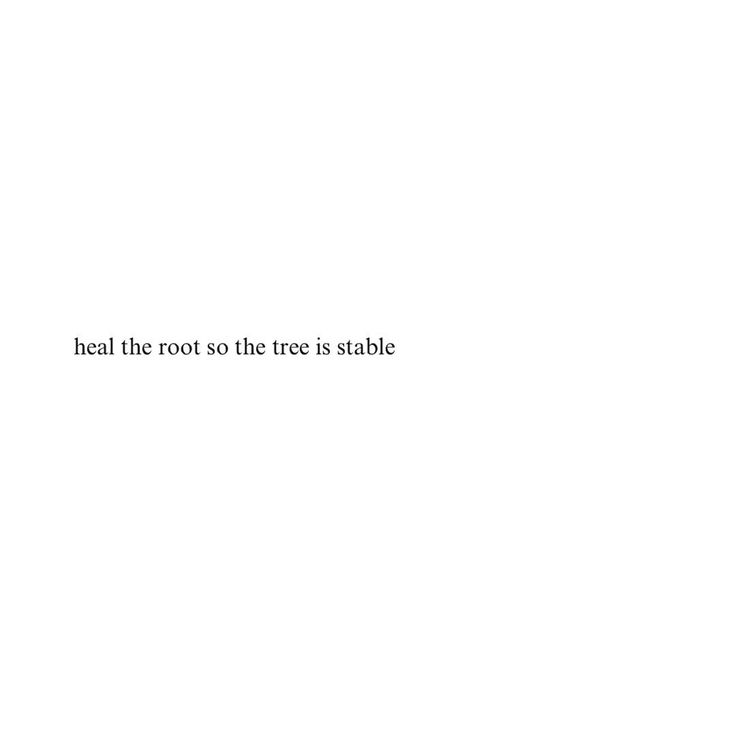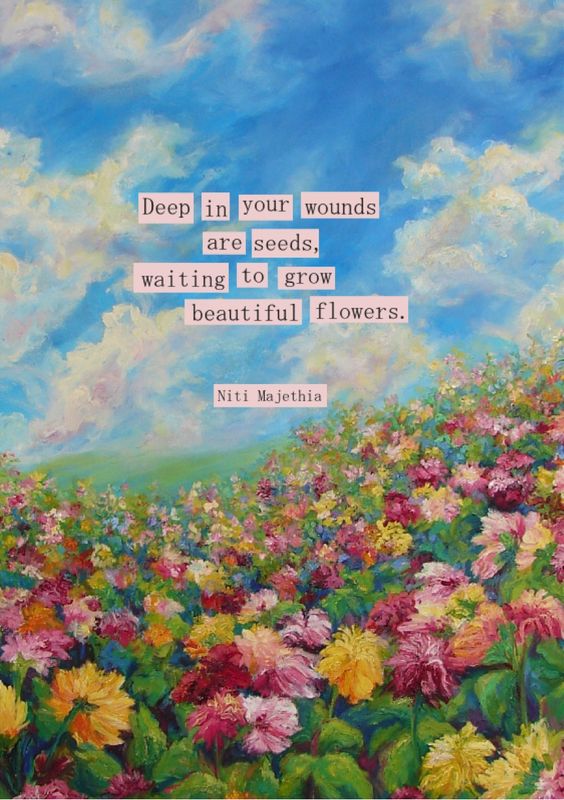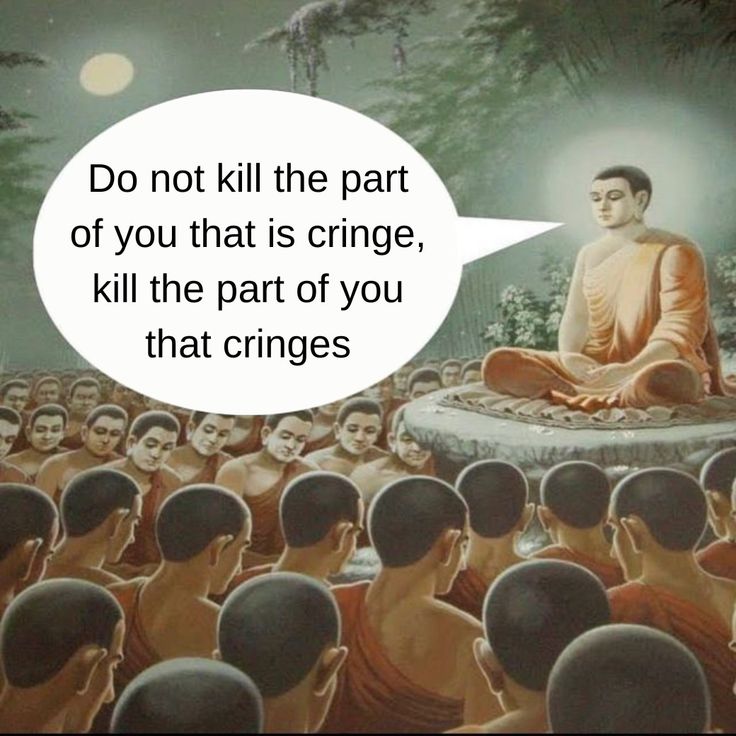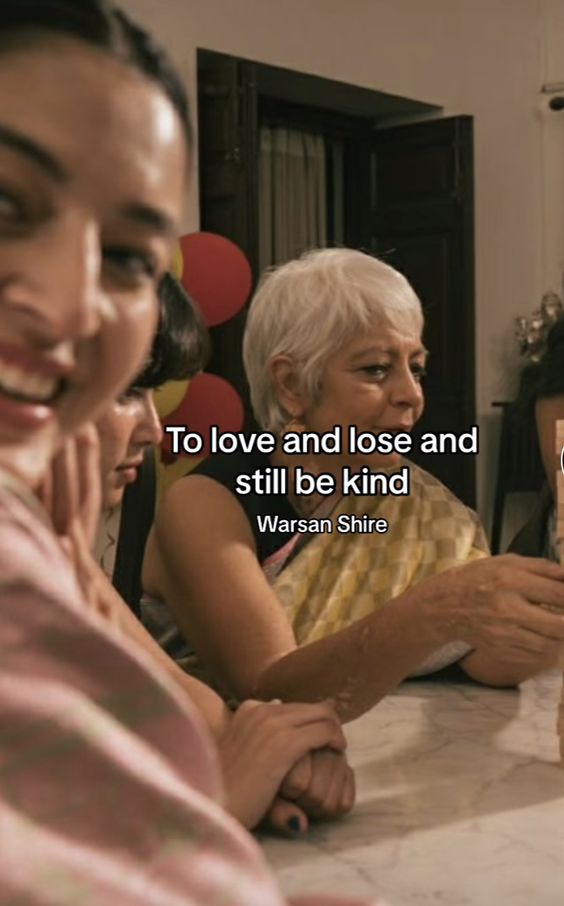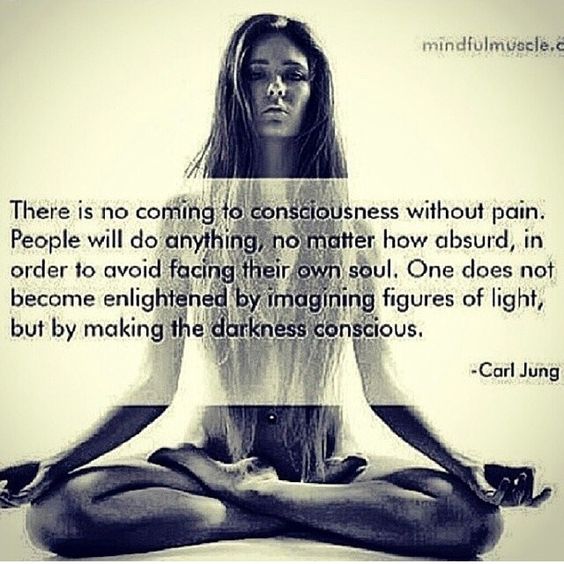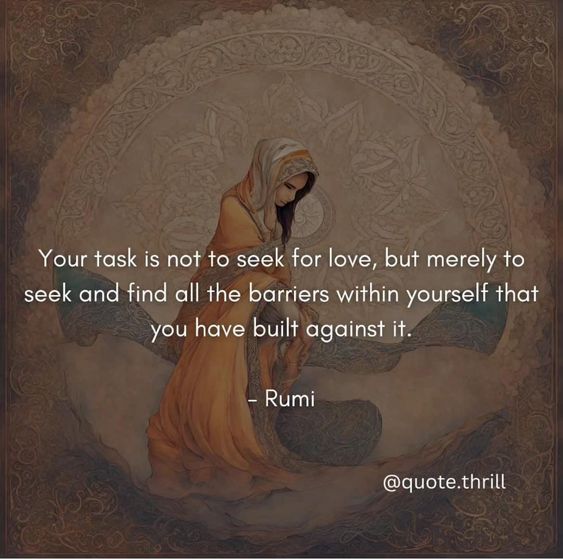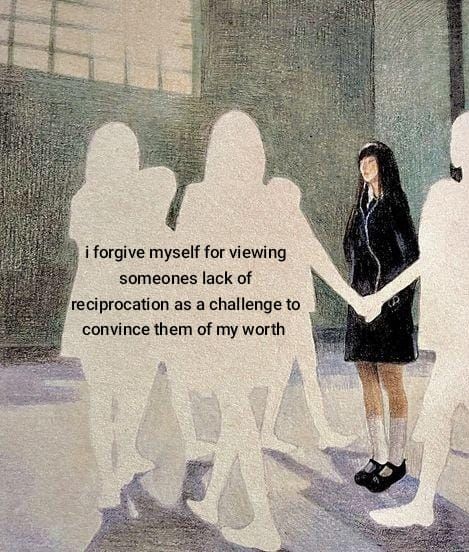“Our minds are all we have. They are all we have ever had. And they are all we can offer others. This might not be obvious, especially when there are aspects of your life that seem in need of improvement—when your goals are unrealized, or you are struggling to find a career, or you have relationships that need repairing. But it’s the truth. Every experience you have ever had has been shaped by your mind. Every relationship is as good or as bad as it is because of the minds involved. If you are perpetually angry, depressed, confused, and unloving, or your attention is elsewhere, it won’t matter how successful you become or who is in your life—you won’t enjoy any of it.”
Sam Harris, Waking Up (Page 2)
“Peaceful awareness not only helps you connect with people better and make good decisions, but it makes you stick out in a positive way. Calmness is exceedingly valuable in our tense world. How you cultivate yourself internally will show up in everything you create and share with the world.”
Yung Pueblo
“To reach the source, you have to swim against the current. Only trash swims downstream.”
Haruki Murakami, Novelist as a Vocation
“The truth was that practicing writing meant practicing sitting down, sitting still, and my body did not ever want to be still. When it had to be still, all it wanted to do was imagine dunking with two hands or kissing a girl who loved me. Sitting still, just as much as any other part of writing, took practice. Most days, my body did not want to practice, but I convinced it that sitting still and writing were a path to memory.”
Kiese Laymon, Heavy (Page 86)
“Inner work helps us rise above our old conditioning so that we decrease the harm we recreate in our interactions. The outer work of collective action makes compassion structural — it helps us build a world where people can feel safe and have their material needs met without directly or indirectly harming one another. Self-awareness that becomes collective action is the medicine this earth needs.”
Yung Pueblo
“You may ask yourself: which comes first—inner work or working to make the world a better place? the answer is both can happen at the same time. We are all deeply imperfect and full of conditioning that clouds the mind. Inner work is a lifelong journey, and so we should not wait until we get to the ‘end’ of our healing to help others.”
Yung Pueblo
